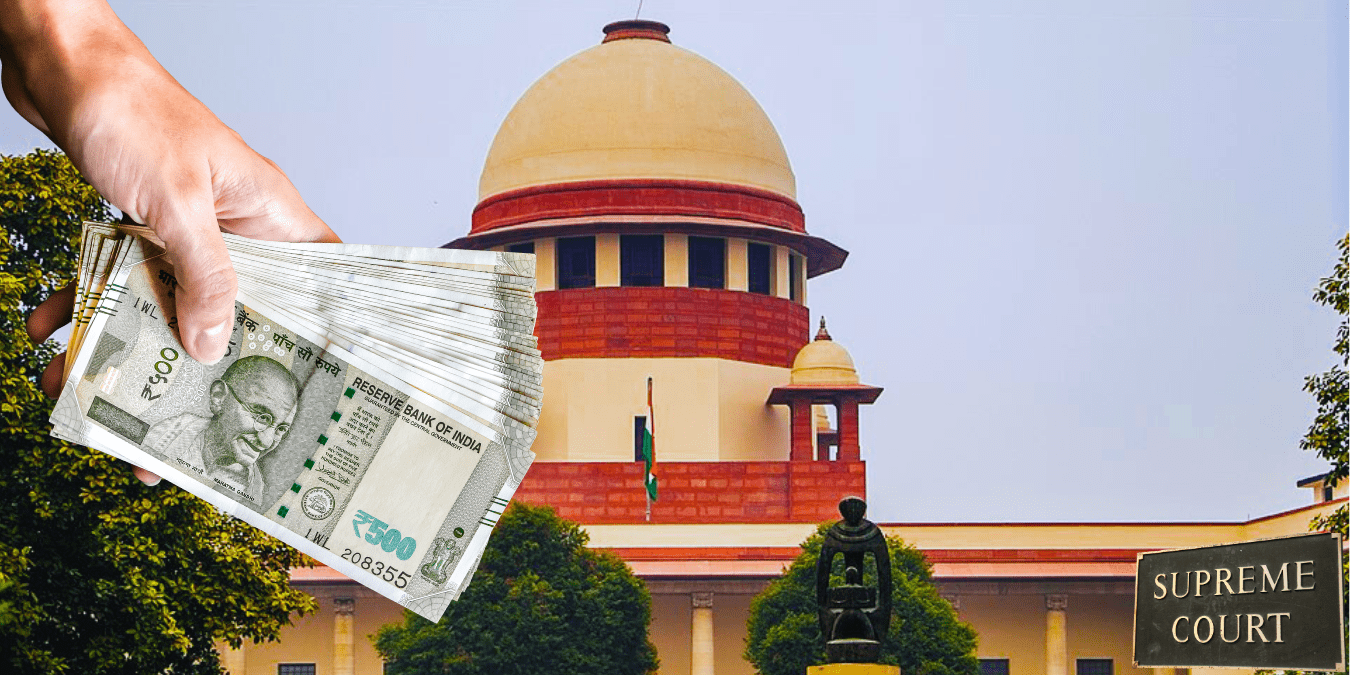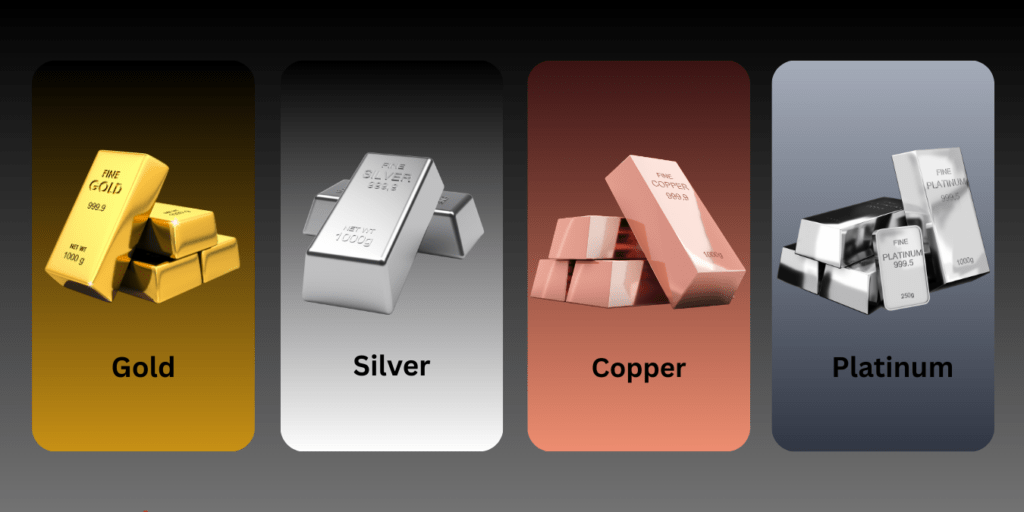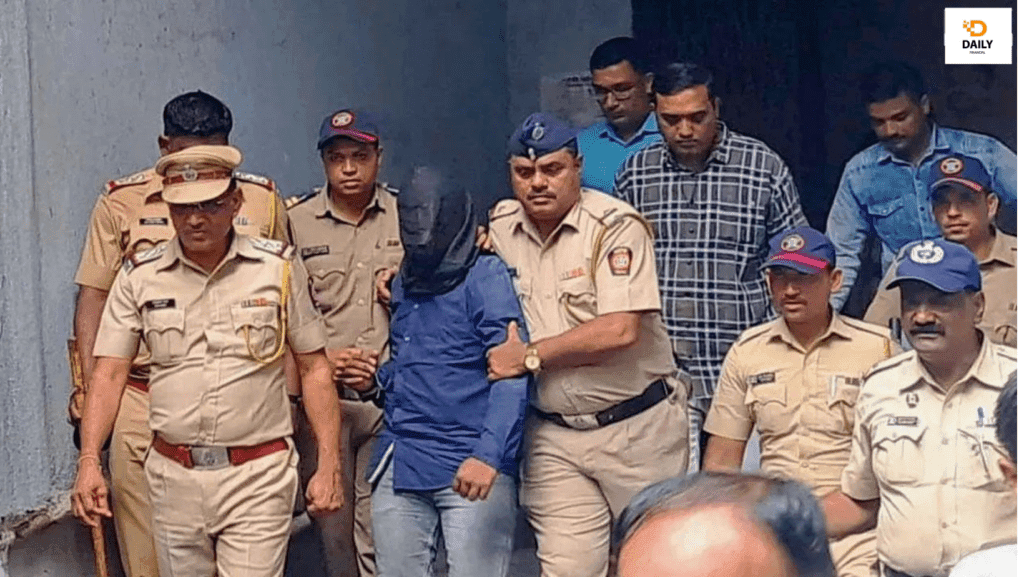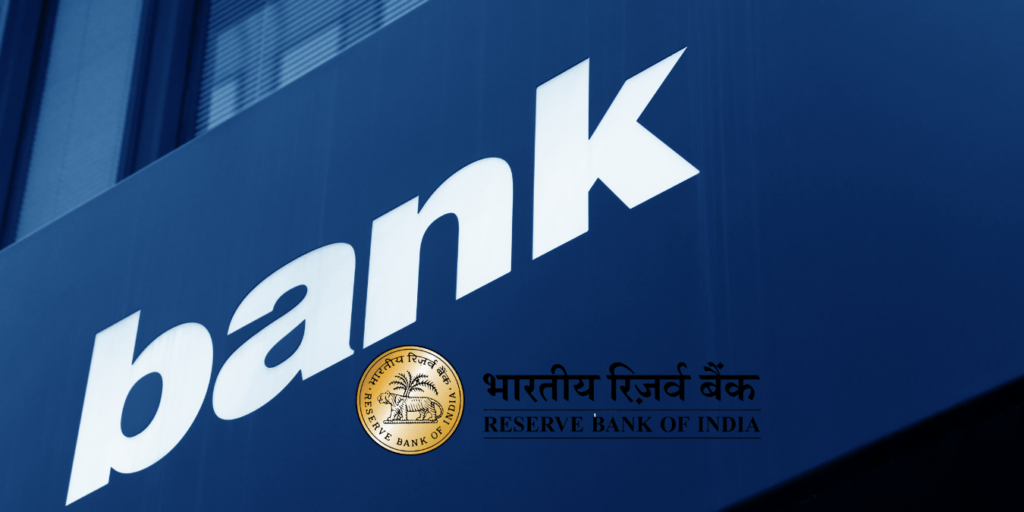
Supreme Court Ruling 2025: Conviction Under Section 138 NI Act Becomes Invalid After Lawful Settlement and Payment Received
Supreme Court ruling turns the cheque bounce game upside down! What if paying the agreed amount after settlement magically cancels your criminal conviction under Section 138 NI Act? Discover how this secret legal twist is freeing countless accused and transforming India’s cheque bounce battles overnight. Are courts ready to accept settlements as the ultimate escape? Uncover the hidden implications, surprising real cases, and what this means for pending litigations in this eye-opening guide.
Imagine the relief of someone wrongly dragged through the courts for a cheque bounce case, only to find their conviction wiped out because they settled the dispute amicably and fulfilled the payment. This isn’t just a hypothetical scenario—it became a landmark reality in India in 2025. The Supreme Court delivered a groundbreaking judgment stating that once the parties reach a lawful settlement under Section 138 of the Negotiable Instruments Act (NI Act), and the complainant has received the agreed amount, any conviction recorded earlier invalidates immediately.
This eye-opening ruling is a game-changer for millions facing cheque bounce litigations across India. Why? Because it prioritizes practical justice over prolonged punishment, emphasizing settlement, fairness, and judicial efficiency. In this article, we unwrap the hidden layers of this Supreme Court ruling, reveal its impact, and share must-know tips for anyone involved in cheque bounce disputes.
What is Section 138 of the NI Act? The Quick Lowdown
Section 138 of the NI Act deals with dishonour of cheques mainly due to insufficiency of funds or exceeding arrangements with banks. Since its introduction in 1988, this provision has been a powerful legal weapon for cheque recipients to enforce payment through criminal proceedings.
To convict someone under Section 138, several smartly designed conditions must be fulfilled:
- The cheque must be issued for a legally enforceable debt.
- The cheque should be presented for payment within three months of issuance.
- The cheque must bounce due to insufficient funds or arrangement issues.
- The payee must send a demand notice within 30 days after the cheque is dishonoured.
- The drawer must fail to pay within 15 days of the notice.
Breach of these conditions can lead to imprisonment up to two years or fines up to twice the cheque amount, or both. With millions of such cases filed annually, they form a huge chunk of pending criminal files in India.
The Shocking Supreme Court Verdict That Changed Everything
The Supreme Court ruling in September 2025 turned the entire treatment of Section 138 cases on its head. In a benchmark decision, the Court held unequivocally:
“Once a lawful settlement is reached between the complainant and accused, and the agreed cheque amount is received in full by the complainant, the conviction under Section 138 NI Act cannot be sustained.”
The Facts Behind the Verdict
- The accused was convicted under Section 138 for cheque dishonour.
- During the litigation, the parties signed a compromise deed – a legally binding settlement.
- The complainant confirmed full payment and agreed not to pursue further legal action.
- Despite this, lower courts refused to alter the conviction.
- The accused challenged this in the Supreme Court.
- The Supreme Court set aside the conviction, emphasizing the purpose of Section 138 is compensatory, not punitive.
How This Ruling Affects Pending Section 138 Cases
The Supreme Court ruling that a conviction under Section 138 of the Negotiable Instruments Act (NI Act) becomes invalid after the parties reach a lawful settlement and the complainant receives the agreed amount has significant implications for all pending Section 138 cases.
Effect on Pending Section 138 Cases
- Encouragement of Settlements During Litigation
Pending cases are now strongly incentivized to pursue amicable settlements. Once a valid compromise deed is executed and the complainant confirms full payment, courts are obliged to consider quashing the conviction or even stopping the trial. This drastically reduces prolonged litigation and encourages faster resolution. - Reduction in Cases Proceeding to Conviction
For ongoing cases, if the accused pays the settlement amount during trial or appellate proceedings and the complainant accepts, the criminal case cannot logically proceed to final conviction. Courts are directed to uphold the principle that the objective of Section 138 is compensatory, not punitive, thus many cases will be closed earlier than before. - Quashing of Convictions Post-Settlement
Even in cases where conviction has already been recorded, the accused can approach courts with evidence of settlement and payment. Courts can then quash convictions, effectively nullifying earlier adverse judgments. This applies widely to pending appeal, revision, and review proceedings. - Judicial Efficiency and Case Backlog Relief
Since cheque bounce cases constitute a large share of criminal case backlogs, this ruling promotes judicial efficiency by:- Reducing unnecessary trials where financial claims have been satisfied.
- Encouraging courts to dispose of cases quickly once settlement is proved.
- Making procedural room for mediation and out-of-court resolutions in pending and future cases.
- Guidance for Trial Courts and High Courts
Lower courts have been given clear directions to respect lawful settlements at any stage of the proceedings—trial, appeal, or revision. Courts now have inherent powers under Section 482 of the Criminal Procedure Code to quash proceedings or convictions when settlement is proven, eliminating the need for Supreme Court intervention in every such case. - Protection Against Double Jeopardy
This ruling safeguards accused persons from continued criminal liability once compensation is paid. The complainant cannot continue to pursue both settlement and conviction concurrently, ensuring fairness in pending cases.
This transformative ruling thus shapes a more settlement-friendly, efficient, and humane approach toward pending Section 138 NI Act cases across India
Important Takeaways for Complainants and Accused
- For Complainants: Signing a lawful settlement and receiving payment means your legal claim is fully satisfied. Pursuing conviction after this is pointless and legally unsustainable.
- For Accused: Seek settlement if unable to contest the cheque bounce claim. Full payment and a proper compromise deed can safely end criminal liability.
- For Lawyers: Draft clear compromise deeds and ensure settlement evidence is submitted for case closure. Advise clients proactively on the benefits of early settlement.
- For Courts: Recognize the Supreme Court’s intent to promote restorative justice. Enable quick case disposal once settlement is confirmed.
Emerging Supreme Court Guidelines for Section 138 Cases
Alongside this verdict, the Supreme Court has issued fresh guidelines aimed at easing cheque bounce proceedings:
- Online payment facilities (via QR codes, UPI) to enable upfront payments at case initiation.
- Enhanced summons service to expedite hearings.
- Monitoring dashboards in major cities for pendency and case progress.
- Promotion of mediation and settlement efforts at early trial stages.
- Flexibility to compound offences even after conviction.
These measures reinforce the judgment’s vision of a fast, fair, and future-ready cheque bounce litigation framework.
What This Means for India’s Financial Ecosystem
Cheque bounce litigations can seriously disrupt business ecosystems, affecting credit, trust, and liquidity. This ruling nurtures:
- Faster economic redressal via settlements instead of punishment.
- Encouraging responsible cheque issuance with reduced fear of harsh criminal consequences after settlement.
- Greater confidence among traders and MSMEs, knowing legal disputes can be amicably resolved.
Key Points Summary
- Section 138 NI Act targets cheque dishonour by criminal prosecution.
- Supreme Court ruled convictions cannot be sustained after lawful settlement and full payment.
- Settlement and compensation are the law’s primary goals, not extended punishment.
- The ruling reduces court backlog and protects individuals from double jeopardy.
- New Supreme Court guidelines promote early payments, online facilitation, and mediation.
- Parties must ensure lawful compromise deeds to exit litigation smoothly.
- This judgment modernizes India’s legal approach to cheque bounce disputes.
Final Thought: A Secret to Escape Lengthy Legal Battles?
Could this new Supreme Court ruling be the hidden escape route from the notorious cheque bounce legal ordeal? The answer is a resounding yes. If parties harness the power of settlement and embrace restorative justice, the nightmare of harsh criminal convictions may become a thing of the past. But the secret lies in acting smartly—settle early, document fully, and end your troubles swiftly. This ruling respects justice, saves time, and protects your future.
Is this the start of a new legal era where fairness trumps punishment? The future looks promising—and those in cheque bounce disputes should keep an eye on this evolving legal landscape for the smartest outcomes.

































